South Korea is fast becoming a global powerhouse in robotics, leading the charge in innovation and technological advancements. The top ten best robotic companies in South Korea are setting new standards across industries, from manufacturing and logistics to healthcare and artificial intelligence. These companies are not just improving automation; they are reshaping the future of work, mobility and human interaction with machines.
This list features the most influential and innovative robotics firms based in South Korea that are driving real-world impact with cutting edge robotic solutions. With strong backing from the South Korean government and robust investments in research and development, the country’s robotics sector is growing rapidly. These top robotic companies have gained global recognition for developing service robots, industrial automation systems, autonomous delivery platforms, and medical robots that enhance both productivity and quality of life.
Whether you are a tech enthusiast, an investor, or a business leader looking to integrate robotics into your operations, understanding the key players in this field is essential. From well-established giants to fast growing startups, these South Korean robotics companies continue to push boundaries and attract international partnerships. Explore this detailed guide to discover the top ten robotics companies in South Korea making waves in the global technology landscape.
Top Ten Best Robotic Companies In South Korea In 2025
10. Furhat Robotics Korea
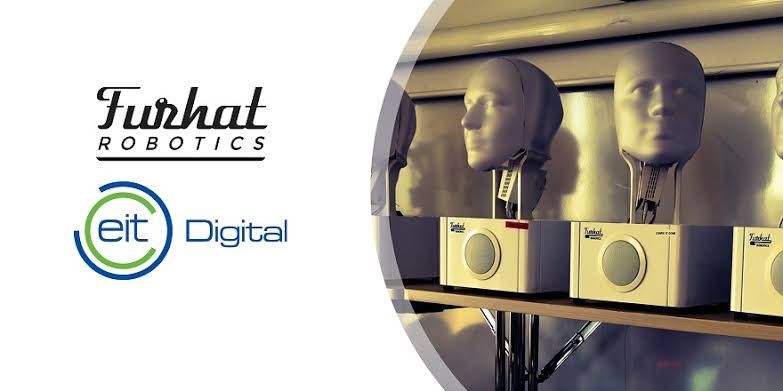
Furhat Robotics Korea is the local arm of a company specializing in social robots and interactive AI systems that engage naturally with humans. The company delivers conversational agents mounted on expressive robotic heads that can mimic human facial expressions and speech. These robots are designed for sectors such as healthcare reception, education, customer engagement and hospitality. The company has been gaining traction in deployments across South Korea, coupling artificial intelligence with approachable robot interfaces to create memorable user experiences.
By blending advanced natural language processing, emotion modeling and expressive output, Furhat Robotics Korea positions itself as a leader in service robot innovation. Their core mission is to humanize the robotic interaction while maintaining strong technological capabilities. As part of South Korea’s growing social robotics ecosystem, they are increasingly recognized for soft robotics design and intelligent robot platforms that can serve in public facing roles.
9. Unmanned Solution
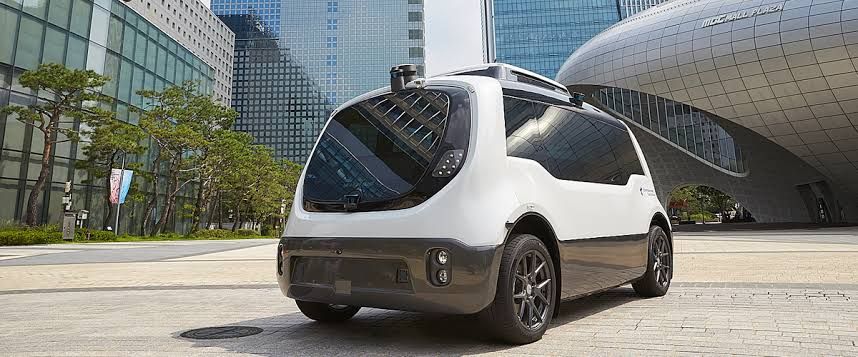
Unmanned Solution focuses on autonomous systems and unmanned vehicles, bringing robotics into logistics, security and industrial transport. The company engineers mobile robot platforms capable of navigating warehouses, factories and specialized facilities without human intervention. Their solutions incorporate LiDAR, computer vision and AI planning to enable tasks such as goods transport, inspection and monitoring.
Primary clients include logistics centers, defense research institutions and industrial complexes. Positioned at the intersection of robotics and automation, Unmanned Solution delivers turnkey unmanned vehicle systems and associated software integration. While revenue remains modest at around $30 million, the company continues to scale with targeted deployments in industrial settings and interest in smart mobility within South Korea.
8. Neuromeka
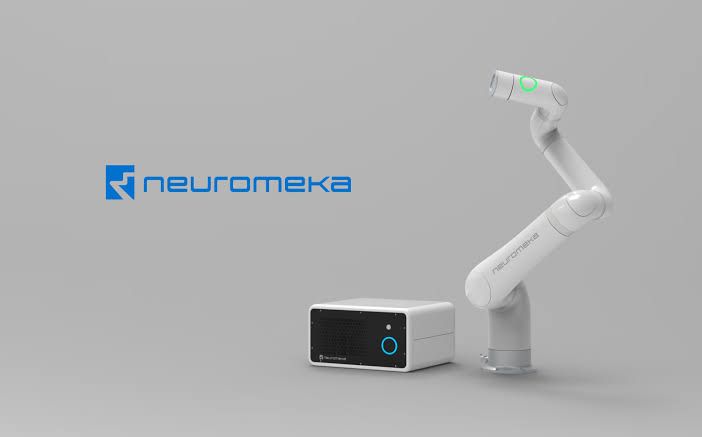
Neuromeka develops collaborative robots also known as cobots for manufacturing automation, providing flexible, safe robotic arms suited to human‑robot collaboration. Founded in Seoul, Neuromeka serves small and medium enterprises with easy‑to‑use, lightweight cobot systems tailored to production environments. Their robotic platforms support precision tasks like assembly, sorting and packaging.
The firm has earned recognition for being a nimble provider of industrial automation platforms designed for flexible operations. Despite annual revenue estimated around $50 million, Neuromeka’s emphasis on robot integration and smart factory deployment strengthens its position in South Korea’s ecosystem for collaborative robotics. Their technology aligns with government incentives that promote cobot use in domestic production and smart manufacturing zones like Daegu.
7. Rainbow Robotics
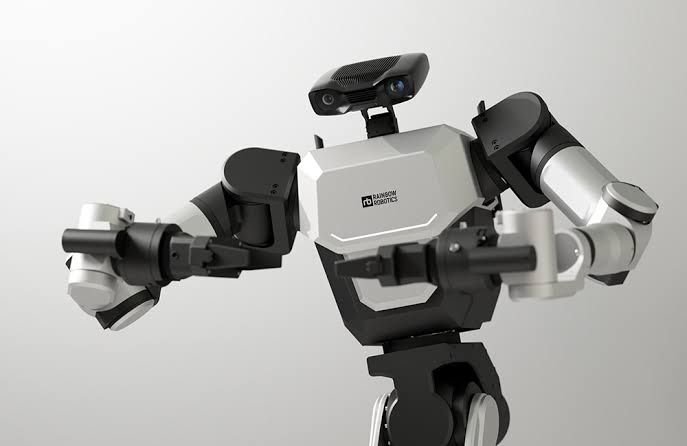
Emerging from the HUBO Lab at KAIST, Rainbow Robotics specializes in humanoid and wheeled humanoid robot platforms. Their flagship models, like the RB‑Y1 and HUBO‑2 series, have been exported globally to research institutions in Korea, the United States, Japan and Europe. The company brings advanced robotics research into commercial platforms, offering expressive, mobile humanoid robots for research, education and interactive applications. In late 2024, Samsung Electronics acquired a majority stake, investing approximately 267 billion won, making Samsung the largest shareholder and accelerating development through its Future Robotics Office. This strategic alignment positions Rainbow at the forefront of humanoid innovation in South Korea and beyond.
6. Robotis
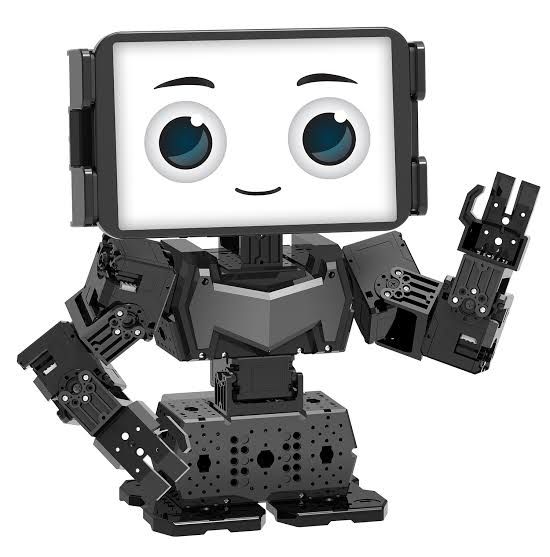
Robotis is known for modular robotics hardware and software platforms focused on education, research and development. The company provides open robotics kits and educational robots used in schools and research institutes across South Korea and internationally. Their products include humanoid kits, robot arms and programmable platforms that support the next generation of roboticists. Robotis targets the educational and research segment, helping spread robotics literacy with hands‑on robotics kits. Their presence in university labs and robotics clubs underscores their pivotal role in humanizing robotics education and supporting early prototyping. Despite modest revenue of around $100 million, Robotis earns attention for enabling scalable robotics learning and innovation in service robotics contexts.
5. Hanwha Precision Machinery (Hanwha Robotics)
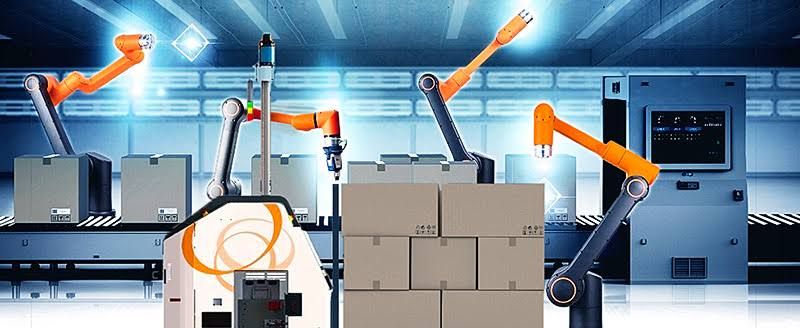
Operating under Hanwha Group, this robotics division delivers industrial automation systems and robotic arms for sectors including automotive, semiconductor and electronics manufacturing. With revenue near $700 million and more than 2,500 employees, Hanwha Robotics designs flexible factory systems incorporating six‑axis arms and smart integration. Their automation solutions contribute to smart factory deployment initiatives promoted by government programs. Clients include major manufacturers in automotive assembly and heavy industry. The company plays a robust role in Southeast regional manufacturing automation markets and represents a mature industrial robotics provider in South Korea. Their systems support welding, machine tending and assembly tasks in large scale facilities.
4. Doosan Robotics
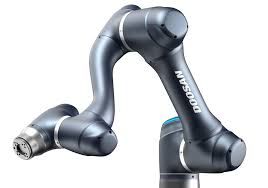
Doosan Robotics is widely recognized for its collaborative robot product line covering M, A, H, E and P series designs. As of 2022 they led the domestic cobot market in South Korea and ranked among the top five in global share for payloads above 20 kg. In October 2023, they were listed on KOSPI, marking growth into public capital markets. Their E series was introduced in April 2023 for food and beverage tasks, while the P series launched in May 2024 aimed at high‑payload palletizing. The company also develops service robots including modular robot cafes, camera‑based robot assistants and medical aid robots. A strong export focus means around 70 percent of sales come from North America and Europe.
3. HD Hyundai Robotics
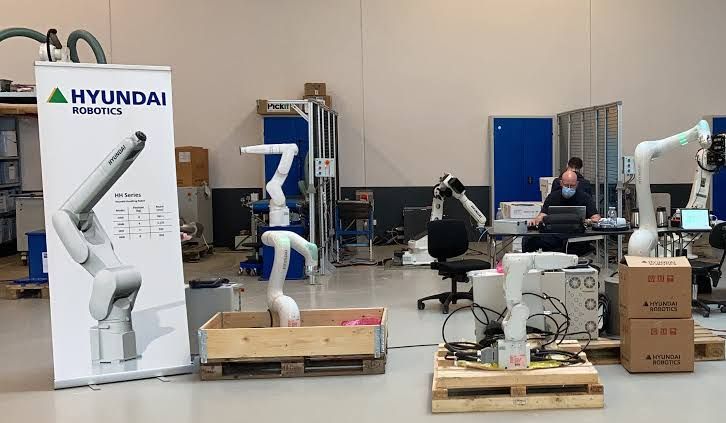
Operating independently since 2020 and renamed in 2023, HD Hyundai Robotics traces roots to industrial robot development dating back three decades at Hyundai Heavy Industries. Headquartered in Daegu, with a large smart factory producing over 4,000 robots per year, the company manufactures more than 40 robot models including industrial arms, serving, cleaning and quarantining robots. They sell approximately 4,000 units annually and have delivered around 52,000 industrial robots to automakers, electronics and heavy industry clients. Their service robot named UNI, a mobile assistant developed with KT, is in operation in hotels around Seoul. HD Hyundai Robotics continues to blend industrial scale with service robot innovation.
2. Samsung Electronics (Samsung Robotics division)
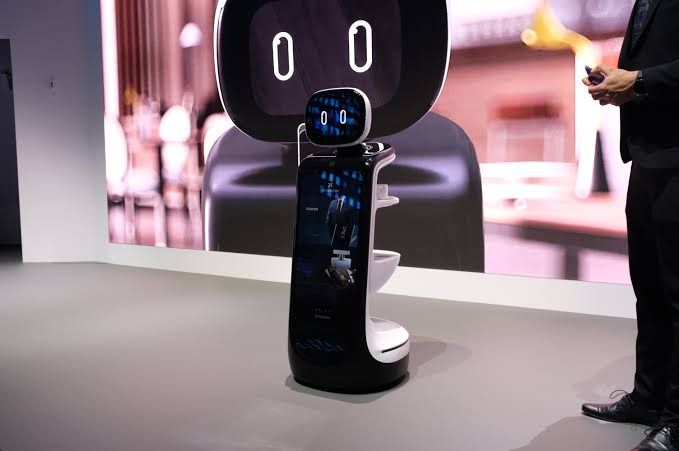
Samsung Electronics leads in robotics through investment, scale and strategy. Its robotics segment earned around $15 billion in revenue in 2023. Samsung has been expanding into AI‑driven service robots, wearables and smart factory systems. The company acquired majority shares in Rainbow Robotics and established a Future Robotics Office to oversee global robotics R &D. Samsung’s efforts include assistive exoskeletons, hospital and hotel service robots (such as the CLOi series), as well as automation technology for mobility and consumer markets. Backed by massive global R&D and distribution networks, Samsung continues to push boundaries in smart manufacturing and intelligent robot deployment.
1. LG Electronics (LG Robotics and Bear Robotics)
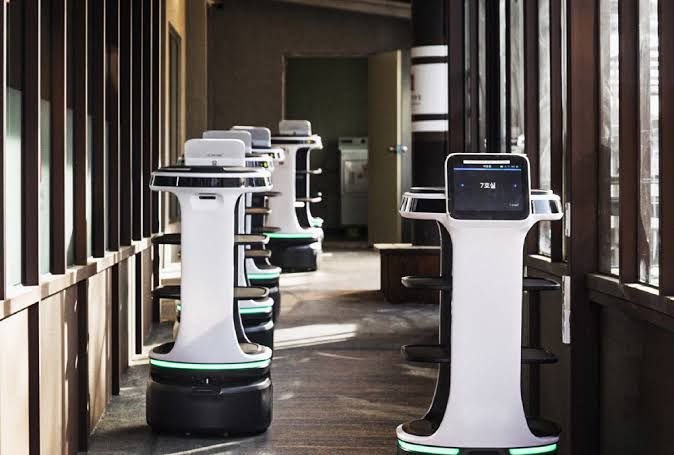
Ranked at the top for service robot leadership, LG Electronics formally entered robotics in 2017 and has since invested heavily in smart service platforms. In March 2024, LG committed $60 million to invest in Bear Robotics, a leading Silicon Valley startup specializing in indoor delivery robots used across hotels and restaurants. That made LG the largest shareholder in Bear Robotics and strengthened their service robot capabilities. LG’s own CLOi series of guidance, delivery and disinfection robots operate in hospitality, retail and healthcare settings. With around $3 billion in robotics revenue in 2023, LG continues to drive service automation innovation and expand across Asia and global markets.

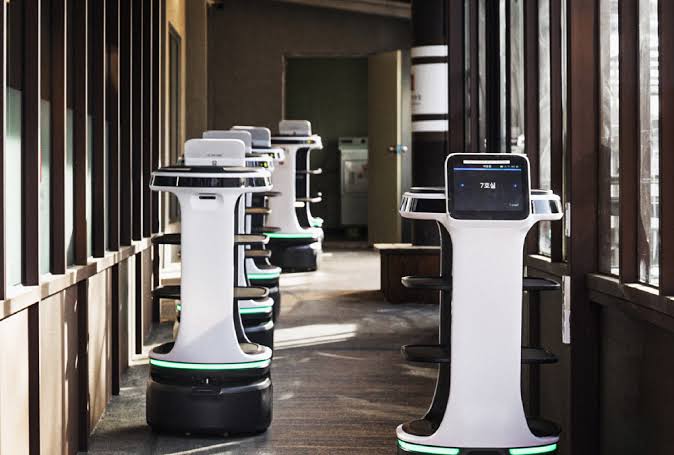
https://shorturl.fm/GVfeW